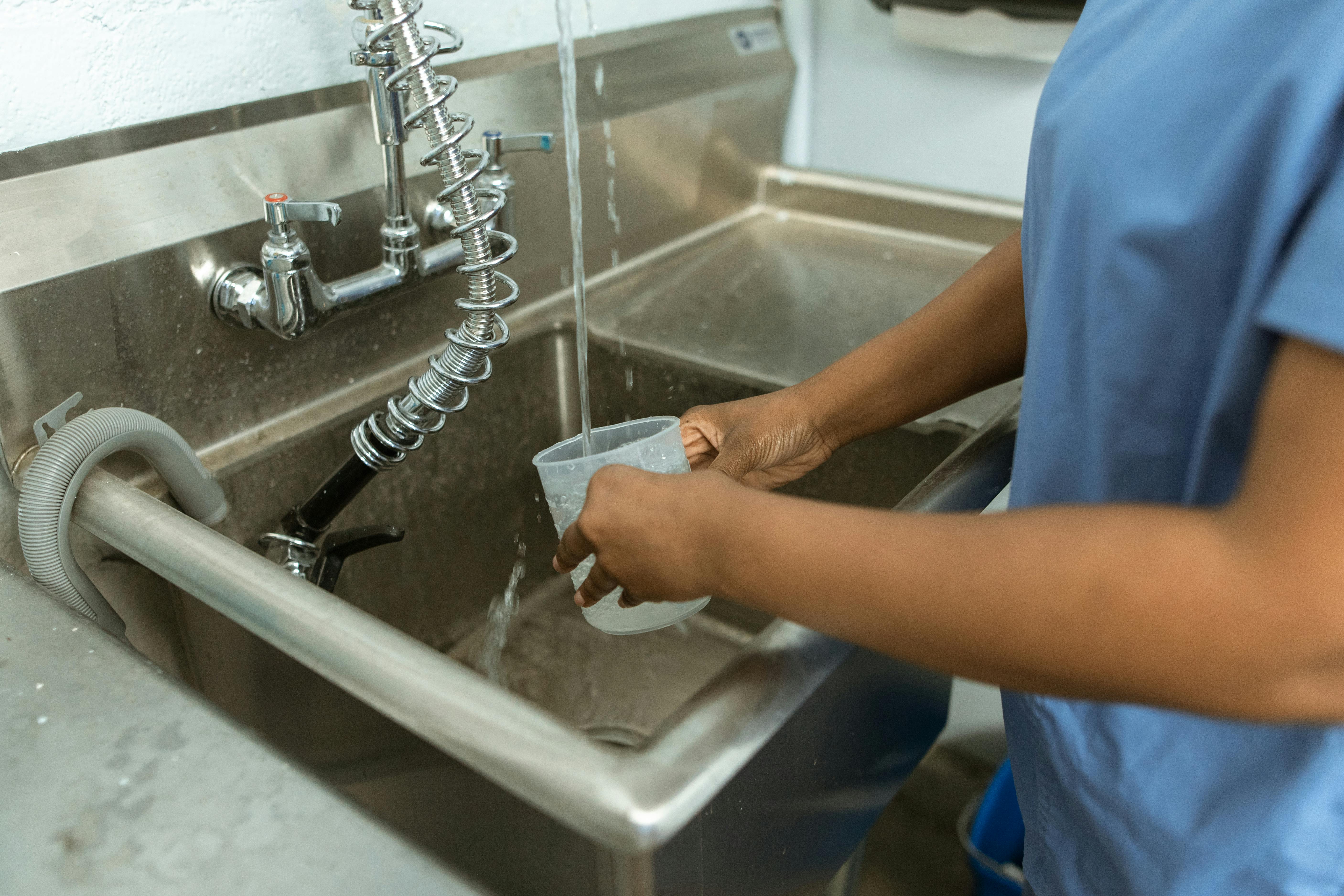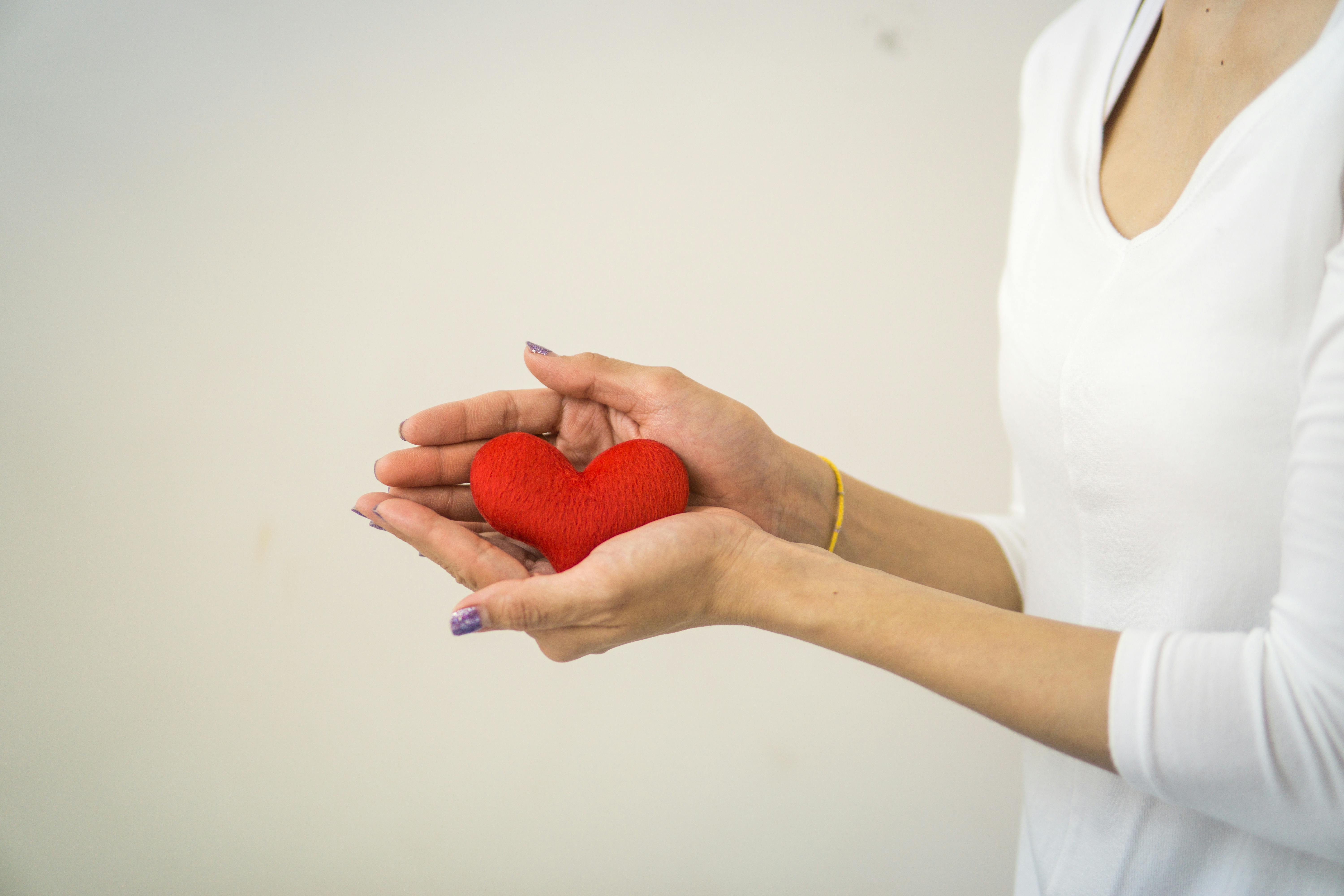Sometimes when reading tips to lower blood pressure, it is recommended to drink water. However, authoritative websites, including the National Heart, Lung, and Blood Institute and the Mayo Clinic, do not mention drinking water when discussing treatments and lifestyle changes for hypertension.
Why should some articles say that drinking water lowers blood pressure?
The idea that drinking water will lower blood pressure seems to stem from the idea that when you consume a lot of water, sodium will be flushed out of the body and consequently your pressure will drop.
After all, various kinds of diuretics are very effective in reducing blood pressure. These diuretics work by increasing sodium loss from the body and increasing the volume of urine. Both the loss of sodium from the blood and the decrease in blood volume result in a decrease in blood pressure.
So if the drugs, which do lower blood pressure in most people, work by increasing the volume of urine and the amount of sodium in the urine, then should drinking more water do the same?
Unfortunately, there is a problem with this reasoning. To understand why, it is necessary to understand that the body very tightly controls fluid levels and ions such as sodium and calcium. For optimal functioning, the body has evolved a wide range of control processes that are involved in keeping many ions and fluid levels within a narrow range.
Diuretics act on parts of the system that control sodium. For example, thiazide diuretics bind to and inhibit a protein called the Na/Cl symporter (Na=sodium, Cl=chloride) that controls the amount of sodium that is reabsorbed into the blood from urine that is being formed. The result is that the body recovers less sodium from the urine as it is formed, so more sodium is lost in the urine and there is a slight increase in volume. So diuretics affect the regulatory system and change apart from this.
Water has no impact on the sodium or fluid control system, so it will not change the total amount of sodium in the urine or change blood volume. Drinking more water will increase the volume of urine as the body regulates fluid levels to keep blood volume stable. Also, the same amount of sodium (and other ions, etc.) in a larger volume will make the urine more dilute.
Think about the color of urine. If you have not ingested much fluid, or have sweated a lot, there will be a small amount of strong yellow urine (from urobilin). If a person is well hydrated, there is more urine with a pale color. Same with sodium. In a healthy individual, the greater the urine volume due to increased fluid intake, the lower the sodium concentration.
So the bottom line is that, in general, increasing the amount of water you consume will not increase the amount of sodium you lose from your blood, so your blood pressure will not drop.
In fact, drinking water can cause a very short-term increase in blood pressure in some people, particularly those with some types of very low blood pressure. This is only temporary and has no long-term impact on your blood pressure.
Staying hydrated is good for your health, but overhydrating has no benefit in lowering your blood pressure.




